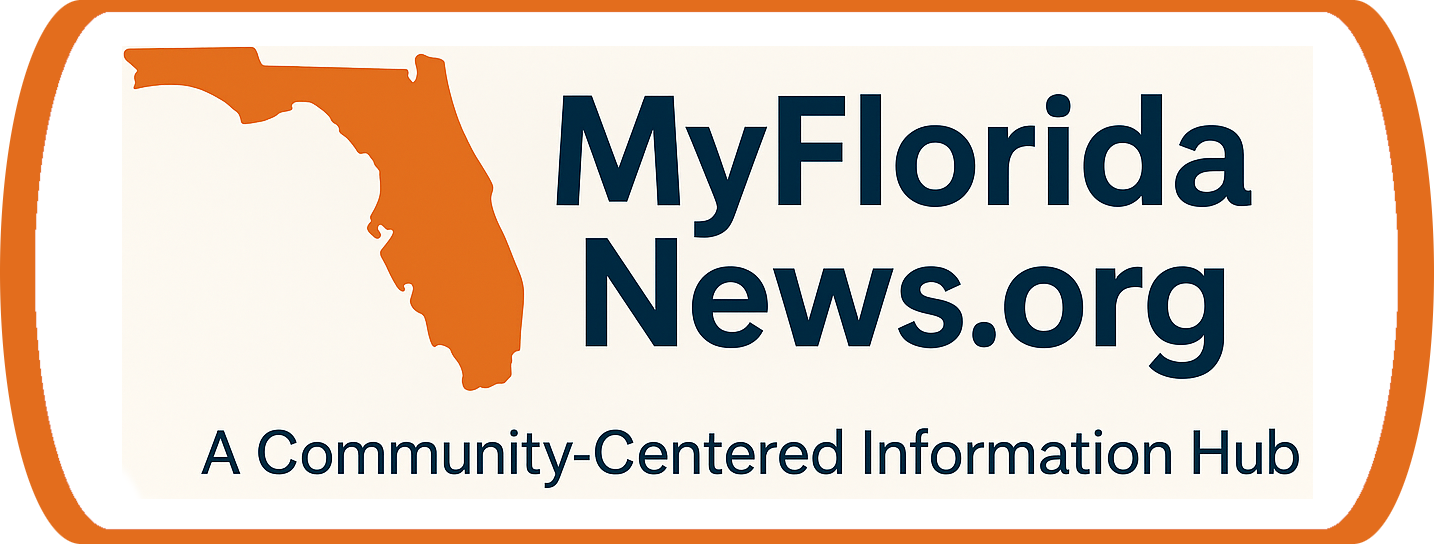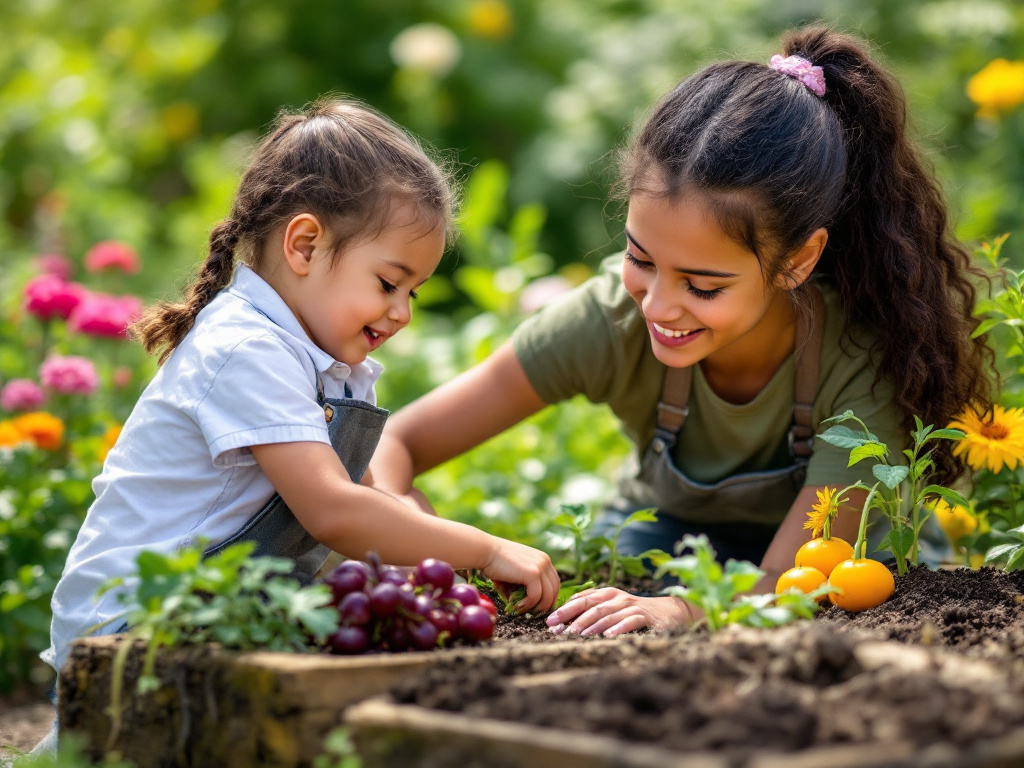Image generated by flux-ai.io & content generated by ChatGPT Version 4o-mini
Growing Knowledge: Overcoming Barriers to School Gardens in St. Lucie County
In the vibrant community of St. Lucie County, school gardens have become a popular way to engage students, teach them about healthy eating, and foster a love for the environment. However, a recent study highlights significant challenges that schools face in making these gardens successful and sustainable. Understanding these barriers can help parents, teachers, and community members work together to enhance educational opportunities for our children.
The study, conducted across Florida, used a method called the Delphi Process. This approach gathered input from experts in education, agriculture, and community organizations to identify key obstacles to establishing and maintaining school gardens. The findings are particularly relevant for St. Lucie County, where many schools aim to incorporate gardens into their curricula.
One of the most pressing issues identified is the lack of time among teachers to manage garden programs. With numerous responsibilities, from lesson planning to grading, teachers often find it challenging to dedicate time to garden activities. This is crucial because a school garden isn’t just about planting seeds; it’s about creating a living classroom where students can learn about science, nutrition, and teamwork.
In St. Lucie, where our youth make up nearly 20% of the population, gardens could play a significant role in promoting academic achievement and healthy lifestyles. The study found that 93% of educators agree that time constraints are a major barrier. This means that if we can find ways to support our teachers—perhaps through community volunteers or partnerships with local organizations—school gardens could flourish.
Another challenge highlighted in the research is the continuity of maintenance. Gardens require regular care, which can be difficult to manage, especially when school breaks occur. The study noted that a lack of consistent volunteer support can lead to gardens becoming overgrown or neglected. In our community, where many families are busy with work and other commitments, finding reliable volunteers is essential. Schools might consider organizing community events where families can come together to tend the garden, making it a fun and engaging experience.
Moreover, the research pointed out that integrating gardens into traditional classroom instruction can be complex. This is significant because teachers may be unsure how to effectively combine outdoor learning with existing curriculum. In St. Lucie, educators can benefit from training that aligns garden activities with state educational standards, ensuring that students gain valuable knowledge while working in the garden.
The findings also emphasized the need for sustained participation from parents, students, and volunteers. Schools can foster this by hosting workshops and events that invite community members to get involved. Imagine a Saturday morning where families come together for a “Garden Day,” planting vegetables and learning about healthy eating. Such events can strengthen community ties while ensuring that everyone has a stake in the garden’s success.
Lastly, the complexity of school systems can pose a barrier. School administrators may not fully understand the benefits of garden programs or how to support them effectively. Open communication between teachers, administrators, and community organizations can help bridge this gap. By showcasing successful examples of school gardens and their positive impacts, we can encourage more support from school districts.
As we look toward the future, the potential for school gardens in St. Lucie County is immense. These gardens can serve as outdoor classrooms, providing hands-on learning experiences that promote environmental stewardship and healthier lifestyles. By overcoming the barriers identified in this study, we can cultivate not only plants but also a generation of informed, engaged citizens.
In the end, the success of school gardens relies on a collaborative effort. By working together—teachers, parents, students, and community members—we can ensure that these green spaces thrive and continue to benefit our children for years to come.
References
WC315/WC315: Understanding the Barriers for School Garden Success: Expert Consensus to Guide Extension Programming. (n.d.). Ask IFAS – Powered by EDIS. https://edis.ifas.ufl.edu/publication/WC315


